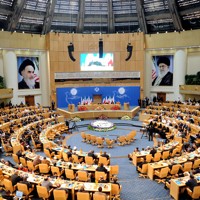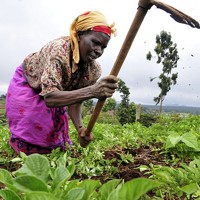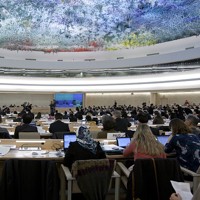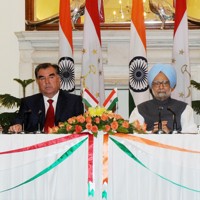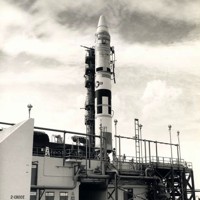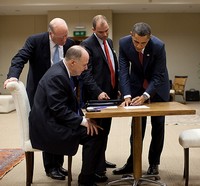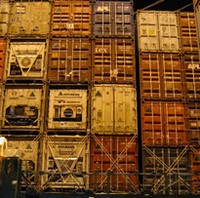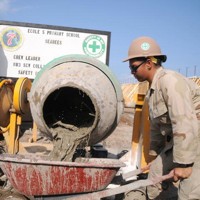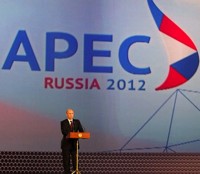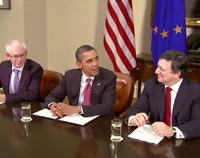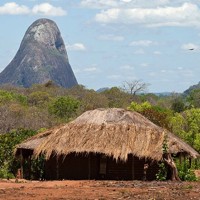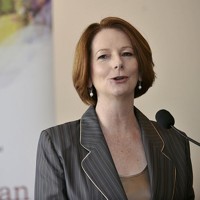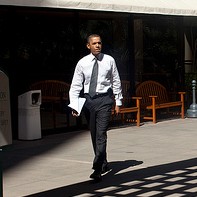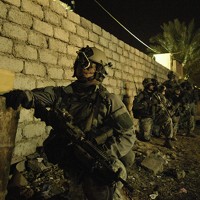
This October, U.S. President Barack Obama and Republican nominee Mitt Romney will debate defense policy. That debate has the potential to be path-breaking: The national security strategy crafted immediately after Sept. 11, which led the United States into Iraq and Afghanistan, has now run its course, creating the opportunity to re-examine the very foundation of American strategy, including the reasons why the United States uses military power as well as the ways that it does so. More likely, though, the presidential debate will avoid big questions and gravitate toward immediate problems like Iran, Syria, North Korea and the size of […]

